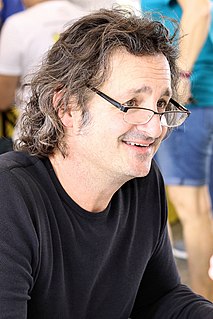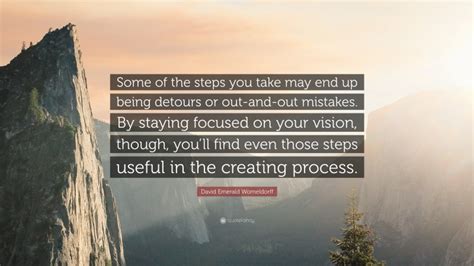A Quote by John Desmond Bernal
Published papers may omit important steps and the memory of men of science, even the greatest, is sadly fallible.
Related Quotes
I cannot disagree with you that having something like 500 economists is extremely unhealthy. As you say, it is not conducive to independent, objective research. You and I know there has been censorship of the material published. Equally important, the location of the economists in the Federal Reserve has had a significant influence on the kind of research they do, biasing that research toward noncontroversial technical papers on method as opposed to substantive papers on policy and results
My feeling is, when you are writing an essay, you don't make anything up. This may be a very Protestant notion, and I'm aware of the fact that memory is fallible, that if I had access to films or some absolute documentary evidence of what happened, it might look different; we get confused and fuzzy.
I invented nothing new. I simply assembled the discoveries of other men behind whom were centuries of work. Had I worked fifty or ten or even five years before, I would have failed. So it is with every new thing. Progress happens when all the factors that make for it are ready, and then it is inevitable. To teach that a comparatively few men are responsible for the greatest forward steps of mankind is the worst sort of nonsense.





































